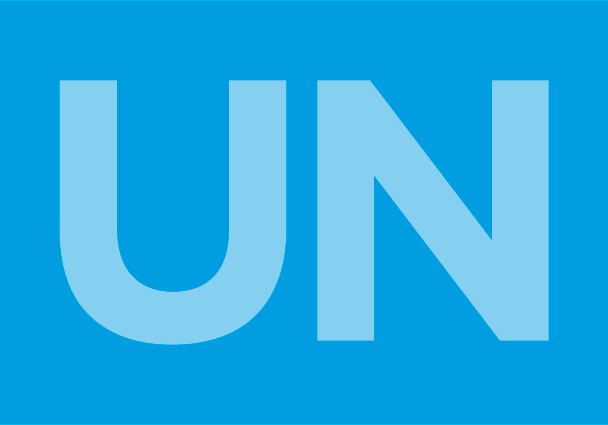At the 60th session of the United Nations Commission on Human Rights, the ICJ participated to the general debate on the question of the violation of human rights and fundamental freedoms in any part of the world.
The statement focuses on the situation of human rights in Nepal, Zimbabwe and the United States.
United Nations Commission on Human Rights
60th Session 15 March-23 April 2004
Agenda Item 9: Question of the violation of human rights and fundamental freedoms in any part of the world
Mr. Chairperson,
The International Commission of Jurists will limit its statement to the human rights situations in Nepal, Zimbabwe and the United States.
The human rights situation in Nepal has deteriorated rapidly. Nepal has among the highest number of reported enforced disappearances in the world. The Royal Nepalese Army has over the past two years engaged in a practice of holding substantial numbers of persons, without legal authority and sometimes for political reasons, in unacknowledged and incommunicado detention, without access to lawyers or the judiciary. Even where detention by the army or police is acknowledged, habeas corpus orders issued by courts are often ignored or detainees are rearrested upon release. Under plans recently announced by the government, already Draconian anti-terrorism legislation, which contravenes international obligations as well as Nepal’s own Constitution, would allow the government to hold persons in preventive detention for one year.
Lawyers and human rights defenders have continued to be targeted for arrest and ill-treatment for association with their clients. Torture by the army, police and other security forces remains both widespread and systematic. Impunity for official abuse is near absolute
Despite the coming under severe pressure by the Army, the National Human Rights Commission has remained independent, but lacks resources and political support. The Government has so far refused calls for significant technical support from the Office of the High Commissioner for Human rights to allow the National Human Rights Commission to carry out essential monitoring of both government and Maoist rebel conduct in the various regions of the country. The ICJ calls on the Commission to adopt the proposed resolution under item 19 to be tabled by Switzerland, which would, inter alia, encourage Nepal to accept such assistance.
Mr. Chairperson,
The human rights situation in Zimbabwe remains grave. Beatings and torture by the police, ZANU PF youth and youth brigades against persons associated with or perceived as sympathetic to the political opposition occurs with frequency. In youth militia training camps, children are violently abused, tortured and raped.
The Public Order and Security Act of 2002 contains vague provisions which have been used to criminalise the exercise of human rights such as freedom of expression and association and to attack the activities of human rights defenders and the independent media, including the Daily News. A number of journalists have been threatened and arrested. The Labour Relations Amendment Act of March 2003, in practice serves to impede unions from organising strikes and demonstrations, thus violating workers’ freedom of association and peaceful assembly. The ICJ is particularly concerned that members of the judiciary and the legal profession continue to be harassed or persecuted. {{1}}
The Government systematically contravenes obligations concerning the right to food. While more then seven million people are in need of food aid, authorities have manipulated the process for registering beneficiaries and prevented non-ZANU PF-supporters from receiving food aid, in contravention of the International Covenant on Economic, Social and Cultural Rights.
Although Zimbabwe is a member of this Commission, the Government has refused to cooperate with the Commission’s own rapporteurs, including the Special Rapporteur on the independence of judges and lawyers, the Special Rapporteur on freedom of expression and the Special Representative on human rights defenders, which have all requested and declined permission to visit the country. The ICJ urges the Commission this year to allow the resolution on the situation of human rights in Zimbabwe to be decided on its merits and not blocked by the abusive invocation of a no-action motion.
Finally, the ICJ deplores the continued arbitrary detention of more than 600 persons by the United States at Guantanamo Bay in Cuba. In addition to denying the detainees access to lawyers and courts, the United States insists that neither human rights nor humanitarian legal regimes apply to their situations, effectively nullifying their existence as persons under the law.
Thank you Mr. Chairperson
UN Commission on Human Rights-ICJ intervention Nepal, Zimbabwe, United States-non-judicial submission-2004 (text, PDF)
[[1]] High Court Justice Benjamin Paradza was arrested in February 2003 and charged with obstructing the course of justice and contravening the Prevention of Corruption Act. Similarly, members of the legal profession have come under attack. In April 2003, Ms Moyo, a lawyer for the Associated Newspapers of Zimbabwe, a parent company of the independent newspaper Daily News, was arrested and beaten. Gabriel Shumba, working for the Zimbabwe Human Rights Forum and representing an opposition MP, was arrested and tortured. Mr Shumba continues to receive threats in his exile. Beatrice Mtetwa, a lawyer representing the Daily News, was allegedly severely beaten by police officers in October 2003. [[1]]

